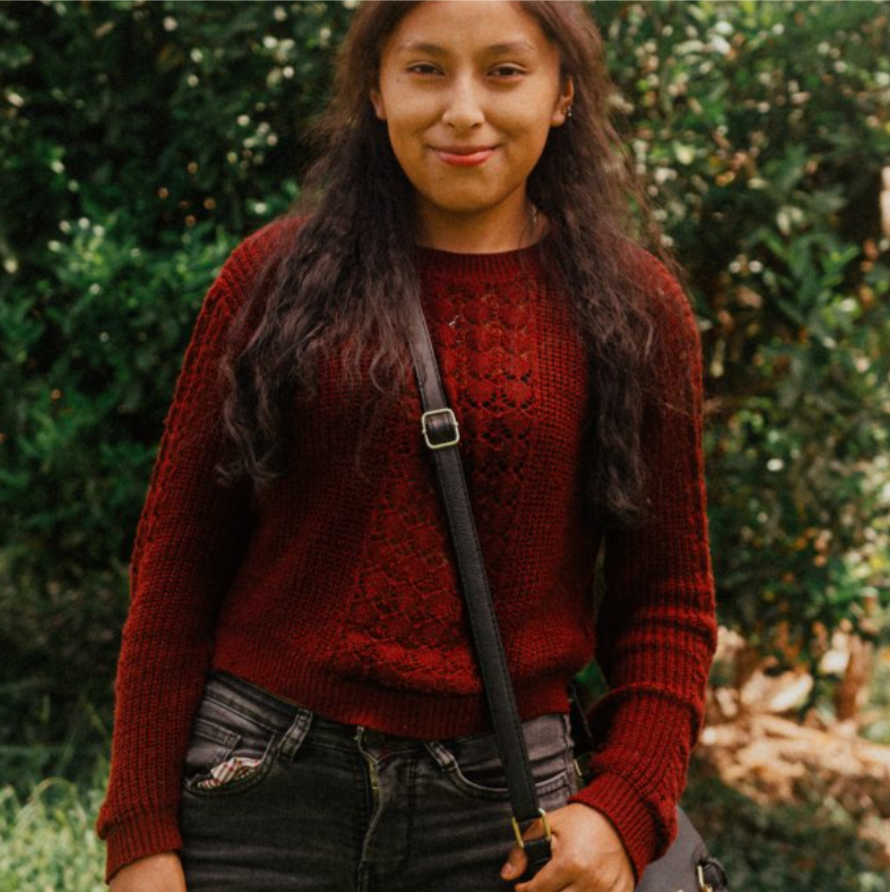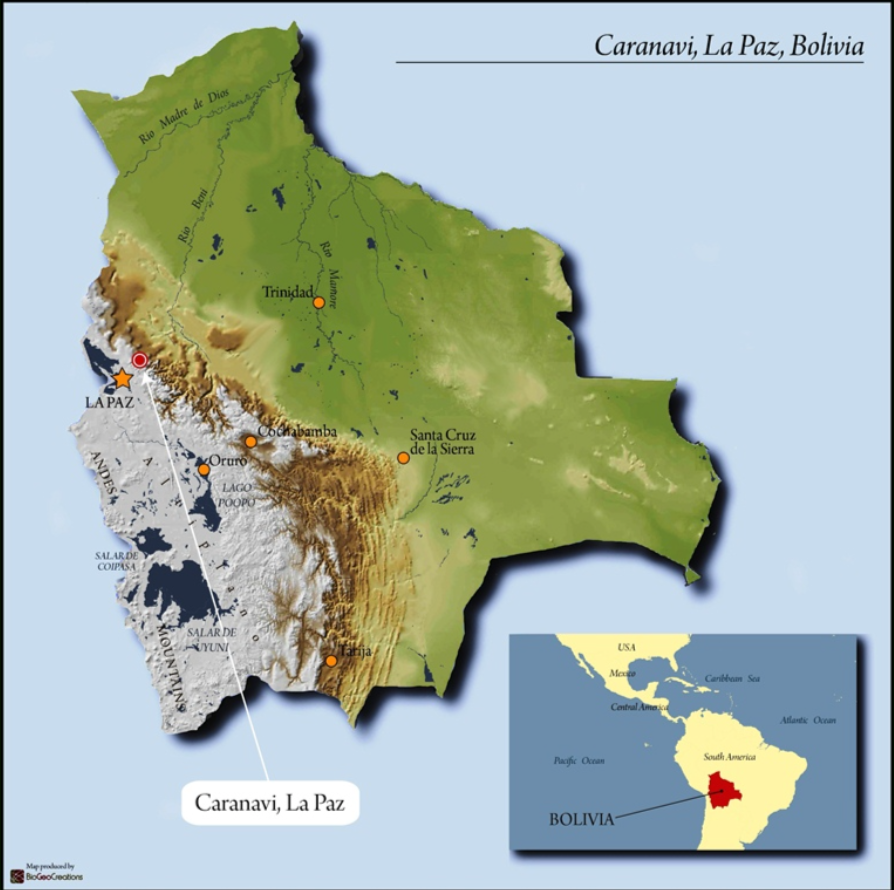Bellus Coffee
Bolivia San Lorenzo - Yulissa Chambi
Bolivia San Lorenzo - Yulissa Chambi
Couldn't load pickup availability
Welcome our first Bolivia Single Origin! This is a low intervention washed coffee from the Caranavi province in Bolivia, produced by Yulissa Chambi. It is certified organic. Drinking this cup is clean, balanced, and very smooth. With subtle undertones of chocolate, caramel, and fresh fruit, we think just about anyone can find something they enjoy with this well rounded and clean cup.
Thanks to the quality of the green coffee itself, we think that the way we highlighted this origin for a wide variety of people to enjoy is a way to showcase familiarity while simultaneously offering something new. If you like subtle fruit aftertastes, such as orange, grape, apple, and dates along with overtones of familiar chocolate, caramel, and brown sugar, then this is the cup for you. Get it? Who doesn't like any of those flavor notes?
The flavor profile is clean and classic while still standing out from the crowd. It’s sweet like butterscotch and caramel, decadent like a guava pastry or toasted coconut, and above all we love its clarity.
Take your time with this one and enjoy this rare lot that we were able to snag this year!
Flavor Notes: Chocolate, Orange, Dates, Praline, Grape, Caramel, Brown Sugar
Audience: For those that love the taste of coffee but want it to be more and have more depth. This is a higher quality single origin to be enjoyed through a variety of methods. We enjoyed it as espresso, through Aero-Press, Pour Over methods, and French Press.
Grower:
Yulissa Chambi
Region:
San Lorenzo, Caranavi province, La Paz Department, Bolivia
Process:
Washed
Cultivar:
Red catuai
Elevation:
1550 masl
Additional Information
Yulissa Chambi is a young and accomplished Bolivian coffee professional whose coffee we are proud to feature as roasters. Her coffee is limited and highly sought after locally thanks to her rapid ascent in Bolivia’s national specialty scene.
Yulissa’s personal story is a nice analog to the recent history of Bolivia’s specialty coffee as a whole. After decades of neglect, the family farm was recently reinvigorated and now produces some of the tastiest washed coffee anywhere in South America. Along the way, Yulissa became Bolivia’s National Aeropress Champion and very involved barista. As a producer, Yulissa’s particular ability to use anaerobic fermentation, not as a transformation effort but as a subtle enrichment of the already abundant botanical flavors of her fully washed coffee, is among the best applications of the method.
Bolivia is South America’s only landlocked coffee producing country and is the smallest exporter of coffee on the continent. The quality of that coffee, however, is hardly lacking in diversity or beauty. Bolivia’s terrain and geography is gifted for arabica production, particularly throughout the Yungas region (Yungas is Aymara for “warm lands”), whose mountain ranges connect the low and humid Amazonian basin to the dry Andean altiplano above. The most productive municipality in the Yungas is by far Caranavi, which still produces an estimated 85-90% of Bolivia’s specialty coffee.
Caranavi’s landscape is steep, humid, rugged, and remote, with natural forest making up more than 90% of the territory. Historically coffee in this area was challenged by a devastating combination of isolation and national disinvestment. These days, after decades of struggle, coffee farms in Caranavi’s high and tropical climate tend to be well-managed and diversified, but small. Coffee growers here still often don’t have processing equipment or transportation of their own, a massive hurdle in such territory.
Yulissa’s Farm
In the 1980s, Yulissa’s family purchased a 20-hectare piece of property in the Yungas region, in the mountains surrounding the small valley city of Caranavi. At the time, the farm was pure jungle; no roads or services of any kind could access it.
5 years after the purchase, her family planted 4 hectares of coffee. For the next 40 years the family land was cherished for its location and refuge from city life in La Paz, but due to declining coffee prices and disinvestment from Bolivia’s government, coffee production was not a viable trade for the family, and was therefore not an investment worth making. Over the years the coffee trees aged and lost their production, and the family remained in the city where occupational prospects were far better.
In 2019, Yulissa’s generation decided it was time to renovate the farm. Bolivia’s specialty coffee had developed to the point where Caranavi was seen as an area of high terroir potential, and Yulissa herself, barely out of secondary school, was interested in the bubbling specialty roaster and barista culture in the city.
Between 2019 and 2021, the original 4 hectares were re-planted, along with 3 new ones. With this newly invigorated coffee under her control, Yulissa dedicated herself to producing coffee the best way possible. In the process she also set to learning the rest of the value chain, from milling to roasting and barismo—the art and practice of being a barista, which strangely has no English equivalent.
The 7 hectares of coffee is managed by extended family and neighbors throughout the year. During harvest the family employs 8 pickers, and otherwise covers all necessary harvesting and processing themselves.






